US-led military occupation, not religion, caused Afghan women’s misery
By Xavier Villar
Iran’s foreign ministry spokesperson Nasser Kan’ani made several significant headline-grabbing statements in his latest weekly press conference on Monday.
Firstly, referring to the observance of International Al-Quds Day, Kan’ani said the annual event was marked with more enthusiasm than before this year, pointing to its growing significance.
“The passionate and magnificent presence of the supporters of the oppressed people of Palestine all over the world has demonstrated the wisdom of the initiative of the late Imam, who designated the last Friday of the blessed month of Ramadan as the Day of Al-Quds,” the spokesperson said.
“Indeed, the Palestinian issue has become a global matter. We hope that worldwide efforts will lead us to the freedom of Palestine."
Once again, the Iranian government, through the remarks of Kan’ani, made it emphatically clear that the liberation of Palestine is a fundamental part of the political vision of the Islamic Republic, in line with the political vision of Imam Khomeini.
Kan’ani also made remarks about the prevailing situation in neighboring Afghanistan and the solutions proposed by the Islamic Republic for the multiple crises gripping the war-ravaged country, especially after the 20-year long US-led military occupation.
He referred to the recent meeting in the city of Samarkand, Uzbekistan, between the foreign ministers of China, Iran, Pakistan, and Russia, in which several important issues came up for discussion.
He especially highlighted the support for a strategy to address the problems facing Afghanistan, as well as the consequences of the reckless and botched exit of the US-led coalition forces from this country.
During the meeting in the historical Uzbek city, the importance of forming an inclusive government in Kabul was emphasized, which the Islamic Republic has repeatedly called for.
The collective fight against the Daesh terrorist group in Afghanistan and the region was also discussed.
Iran strongly supports peace efforts in Afghanistan and has a clear and consistent policy towards that country, opposing the presence of foreign actors and any external interference in its internal affairs.
Furthermore, it is essential to understand that for the Islamic Republic, engaging with the Taliban does not mean recognizing their de-facto government but working according to the ground realities.
Afghanistan is one of the places where the discursive occupation carried out by Western powers can be observed most clearly.
It is essential to read authors such as Abu Lughod and Saba Mahmood to understand how suffering in Afghanistan, and especially the suffering of Afghan women, is expressed through the judgment of their religion and culture, excluding the political, economic, and historical factors.
In other words, instead of providing political and historical explanations for the crises facing the South Asian country, experts offer religious and cultural explanations.
The construction of Afghan women in Western discourse facilitates the construction of the "civilized West," the "endangered Muslim woman," and the "dangerous Muslim man." These figures 'culturalize' violence and promote the so-called "war on terror."
Instead of being portrayed as complex individuals with sensitivities, affections, abilities, and disabilities to transform themselves and others, Afghan women are often reduced to the one-dimensional figure of a passive and oppressed woman who is forced to wear a veil and not engage in normal activities.
This is not to deny or downplay the Taliban's regressive policies against women. However, the almost exclusive attention paid to the veil and certain edicts of the Taliban regarding women's mobility and employment has overshadowed the broader and perhaps more consequential modalities of suffering experienced by Afghan women as a result of more than two decades of armed conflict.
In this regard, Saba Mahmood raises a relevant question: Why are the conditions of war, militarization, and famine considered less harmful to women than the lack of education, employment, and, especially in the media campaign, western-style dress?
The discursive occupation of Afghanistan facilitated the defense of the country's invasion, with honorable exceptions, as an action to avenge or protect Afghan women, unlike the war in Iraq.
In this discursive occupation, we also find what we call the "Western left". The term Western does not refer to a geographic location, but to an epistemology.
This “left” still believes that the lack of a socialist state led by indigenous people in Afghanistan was due to US intervention, without recognizing the violence committed by the Soviet Union in the country.
As Afghan anthropologist Anila Daulatzai explains, selective critique of violence only against certain perpetrators fosters Islamophobia and is part of the problem.
The idea is not to dismiss or deny the violence and suffering in Afghanistan but to offer help that does not reproduce a new discursive occupation of the country and that addresses the population, especially women, from a perspective that is not limited by the grammar of liberalism.
In this sense, it is about recognizing that agency can take multiple forms and not just those that fit within the frameworks of secularism.
Iran's proposal, unlike that of Western states, steers clear of the racist and Orientalist fascination with Afghanistan.
Unlike Western powers, which use a hegemonic language to privilege those who promote their views and policies, the Islamic Republic offers assistance in the common language of Islam, without seeking to shape and domesticate sensibilities and customs.
Xavier Villar is a Ph.D. in Islamic Studies and researcher who divides his time between Spain and Iran.
(The views expressed in this article do not necessarily reflect those of Press TV.)
Iraq's First Lady urges US to 'leave the Kurds alone'
Iranian Army vows revenge after 'cowardly attack' by US Navy on Frigate Dena
Iran carries out 20th wave of Op. True Promise 4 against Zionist entity, US bases
Araghchi to Trump: Plan A of military victory failed, Plan B will be 'bigger failure'
USS Abraham Lincoln flees after precision strike by IRGC drones in Sea of Oman
Yemen signals readiness for unified front with Iran against US-Israeli war coalition
Iran’s Army and IRGC destroy seven more Hermes, MQ-9 drones in retaliatory ops
'Iran no place for Hell dwellers': Iran’s security chief warns against ground offensive


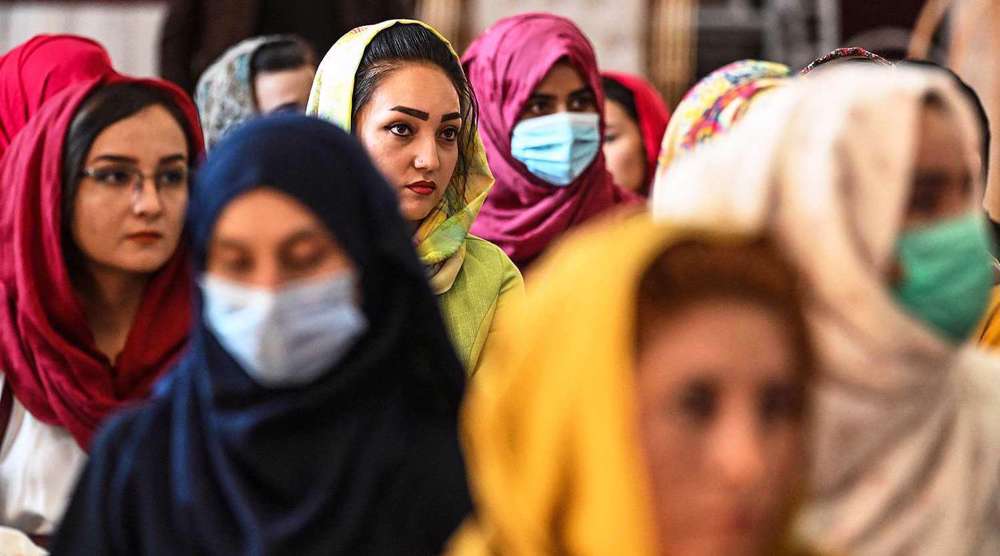

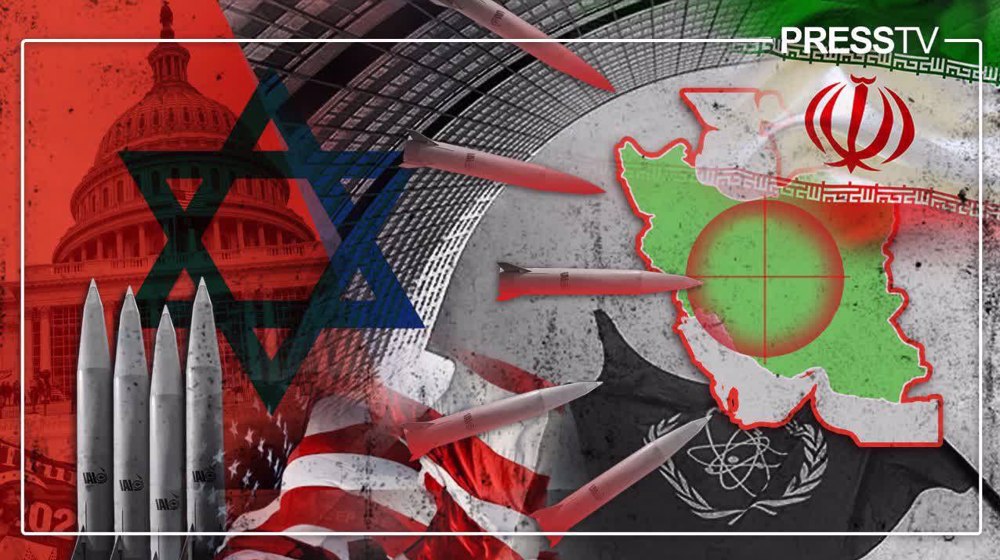




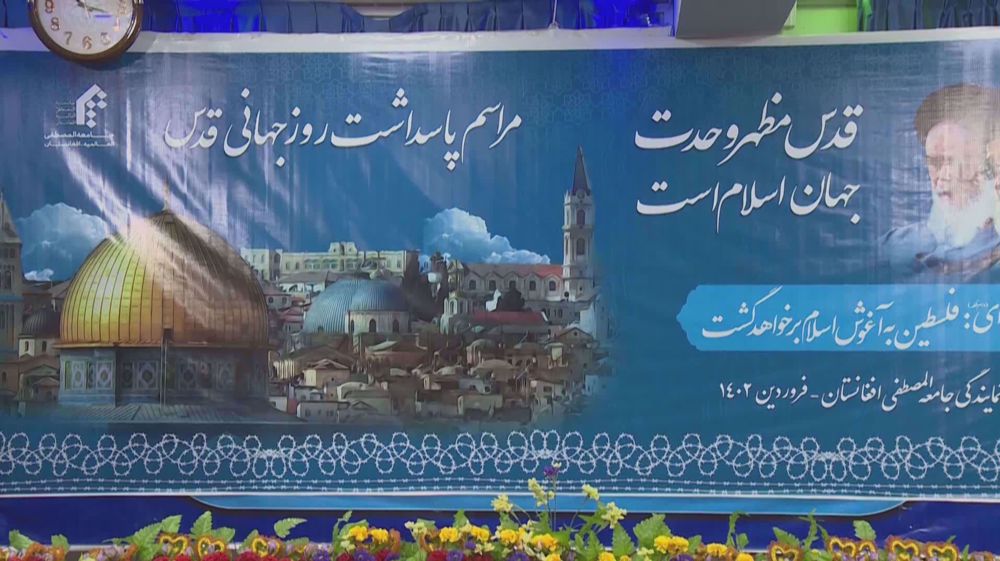
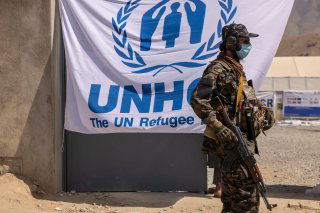
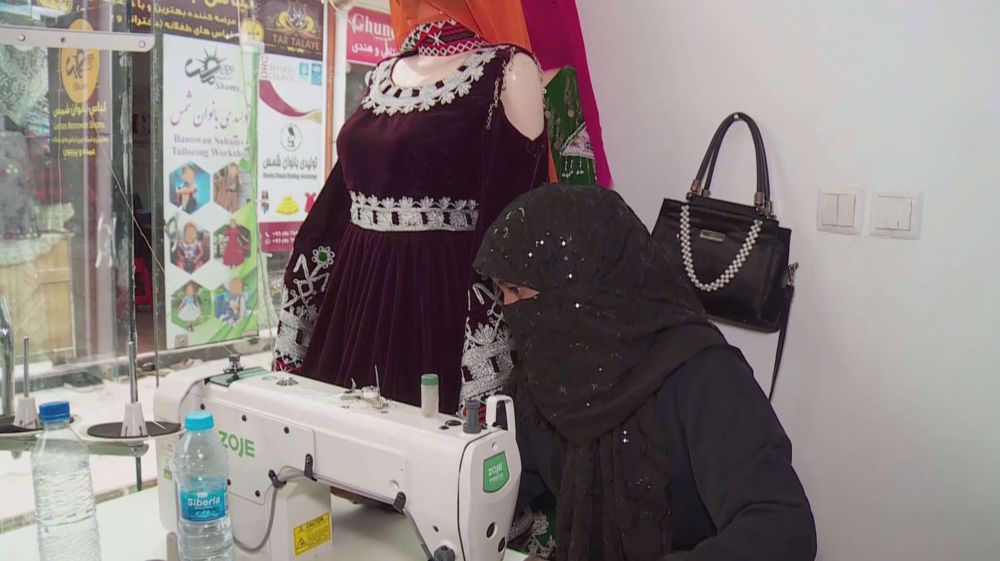
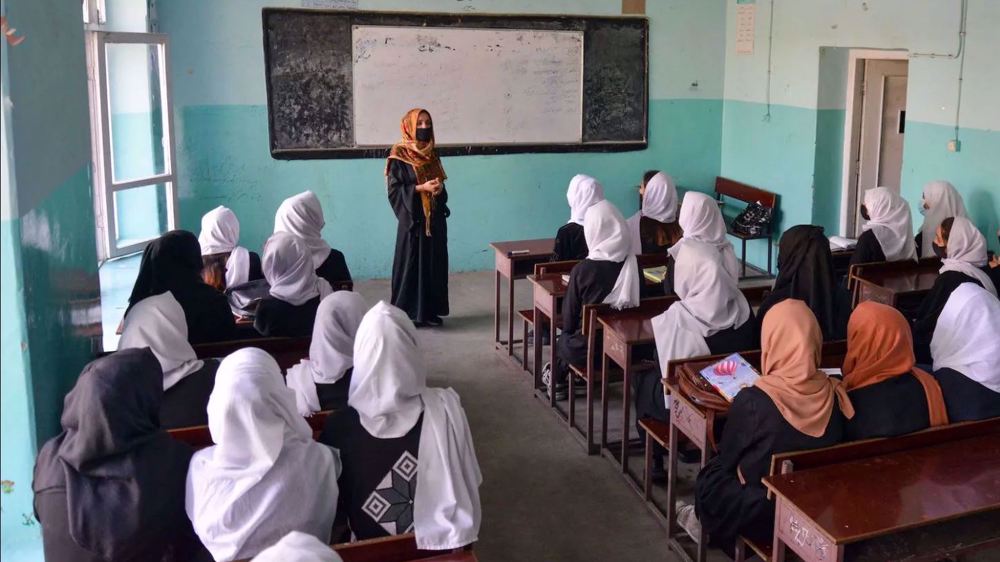
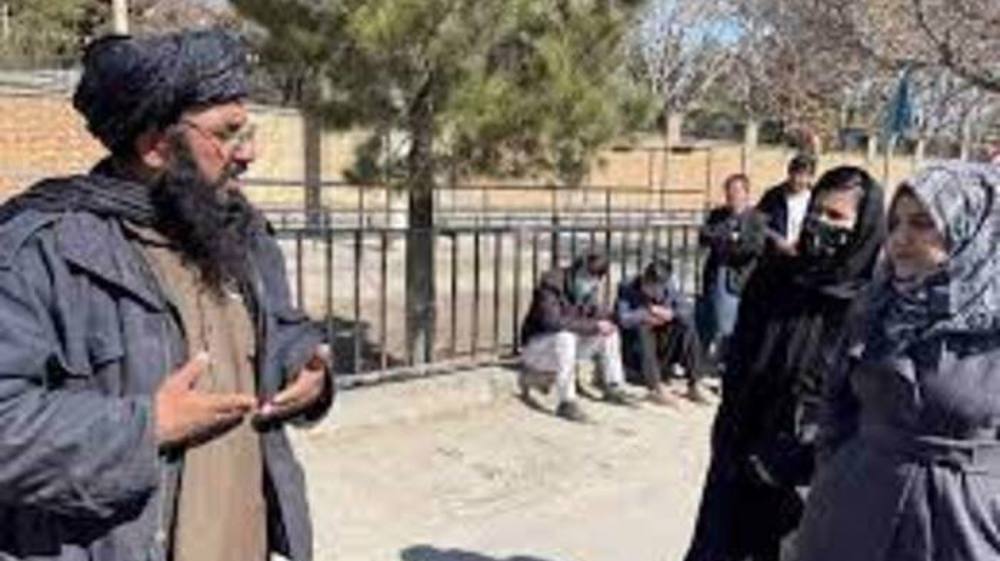

 This makes it easy to access the Press TV website
This makes it easy to access the Press TV website